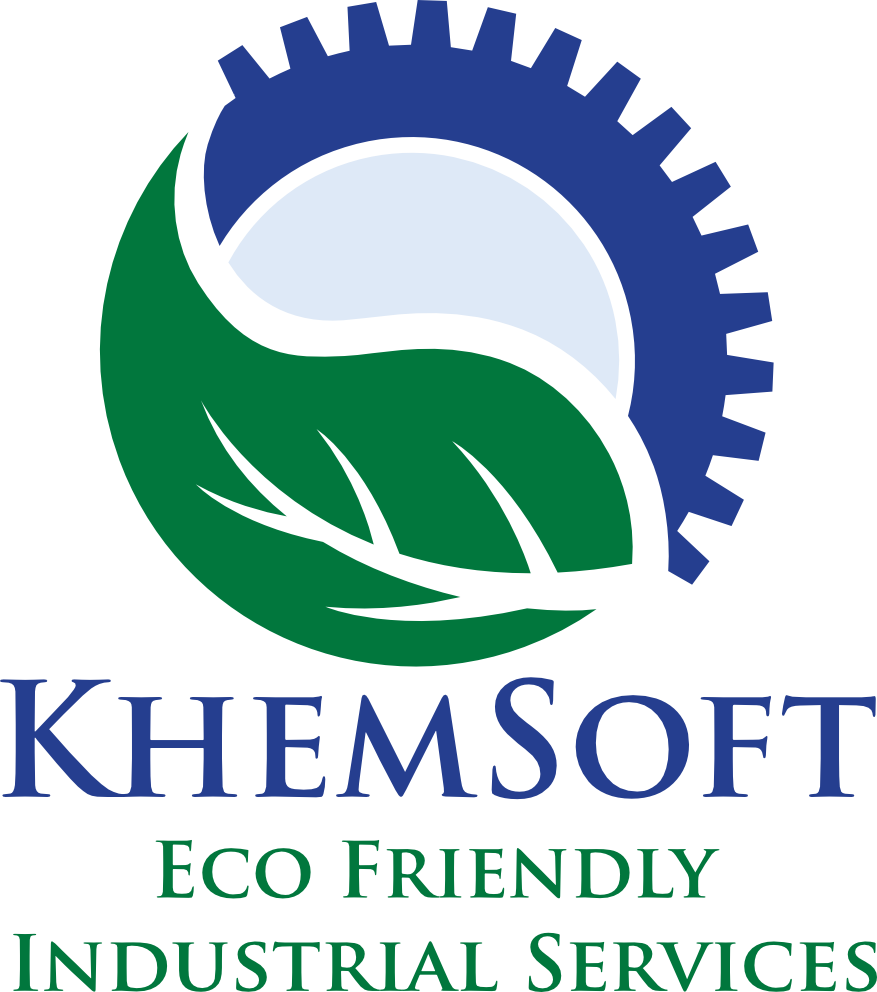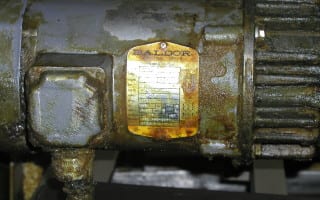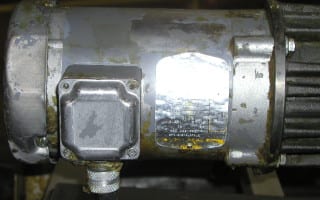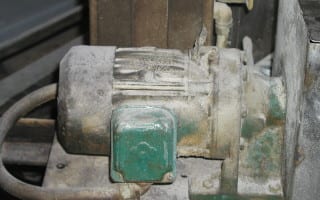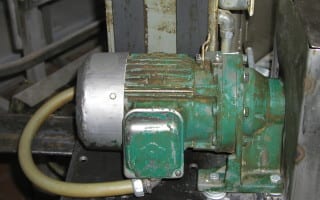Dry Ice Blasting: The Green Clean
Dry ice blasting is clean and safe
- Dry ice has been approved by the EPA, FDA and USDA as an acceptable material in cleaning methods.
- For food processors, dry ice blasting has been documented by the Food Standards Agency to effectively decontaminate surfaces of Salmonella, E. coli, and Listeria.
- Dry ice blasting does not release harmful gases into the atmosphere.
- Dry ice blasting does not generate secondary waste.
- Dry ice blasting is safe and non-toxic (once pellets impact the surface they dissipate).
- Dry ice blasting reduces or eliminates employee exposure to (and corporate liability from) the user of dangerous chemical cleaning agents.
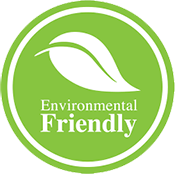
Dry ice does not produce CO2 or add CO2 to the atmosphere and therefore does not contribute to the greenhouse effect.
Environmentally Responsible
In addition to being clean and safe, it is also important to remember that dry ice is obtained as a byproduct of other industrial processes - i.e. it is made from reclaimed CO2. It does not produce CO2 or add CO2 to the atmosphere and therefore does not contribute to the greenhouse effect. Dry ice blasting is truly, and completely, environmentally responsible.
Other cleaning methods can be toxic
- When using solid grit media or water for cleaning hazardous materials, the cleaning media also becomes hazardous, requiring special handling, disposal and regulatory reporting. Dry ice creates none of these waste stream additions.
- Sand, soda, or water blasting can create downstream contamination that affects surrounding installations.
- Soda blasting can kill surrounding vegetation.
- Chemical and solvent cleaning methods are toxic, which creates toxic waste requiring disposal.
- Workers are exposed to potentially harmful substances through the use of chemicals and solvents.
Call us via (855) 543-6763 - Eco Friendly Industrial Cleaning Services
Contact
Physical Address:
273 Midland Trail # E
Mt. Sterling, KY 40353
Mailing Address:
124 Dove Trace Dr.
Mt. Sterling, KY 40353
Phone: (855) 543-6763
Email: cjones@khemsoft.com24 Hour Service
We can mobilize our system and be on our way to your site within 24 hours. If you have smaller or removable equipment, we also offer in house cleaning. Just drop off your equipment at our shop, or ship it in, in most cases we have a 24 hour turn around.
Mt. Sterling | Lexington | Louisville | Indianapolis
Cincinnati | Huntington
Powered by Joker Web Hosting | Login
